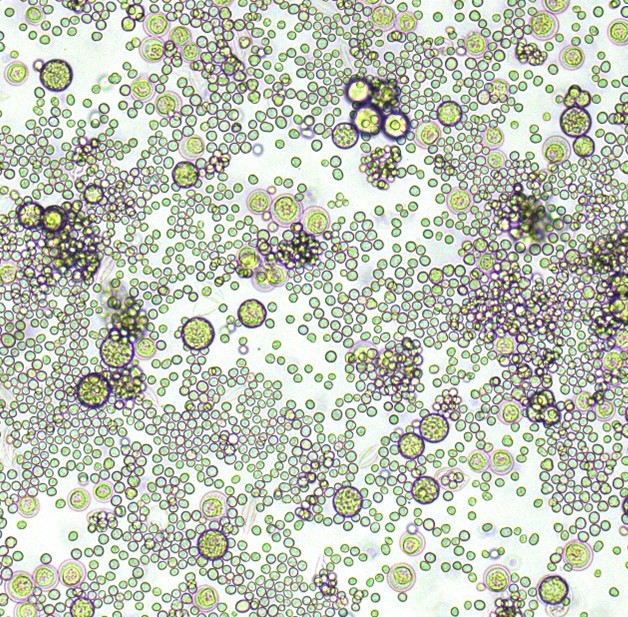The constant presence of background radiation as an abiotic component of the Earth’s surface may have resulted in biophysical and biochemical effects derived from it being incorporated into fundamental cellular processes during the evolution of organisms living in near-surface environments. Reducing these radiation levels in subway laboratories has been shown to cause altered growth kinetics, differing between unicellular and multicellular organisms. This difference suggests that the state of cellular organization may influence a different response to low background radiation.
The objective of this proposal is to study cellular organization in response to a low background radiation environment, investigating this response in unicellular models close to Metazoa, which form multicellular structures during their life cycle or in response to environmental stimuli.


